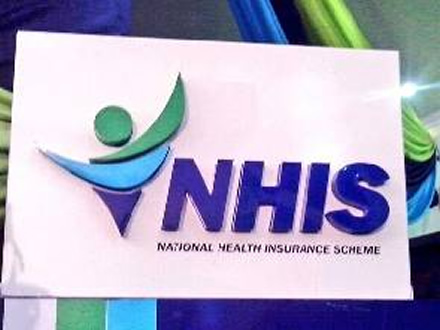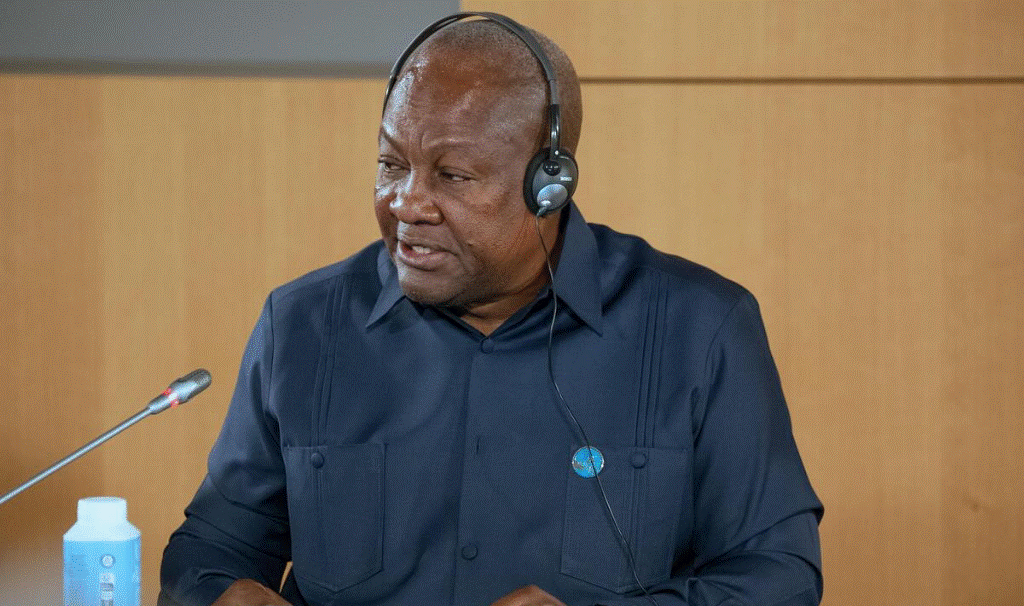
Over 350,000 Ghanaians living with glaucoma are unaware of their condition, putting them at risk of irreversible blindness, according tographic.com.gh.The story said the Glaucoma Patients Association of Ghana (GpAG) said many of such patients only realised they had the disease when it was too late to save their vision.
The alarming revelation was contained in a statement issued by the GpAG, ahead of the commemoration of this year’s World Glaucoma Week, a global campaign aimed at promoting early detection and treatment of the disease.
Glaucoma, a group of eye conditions that damage the optic nerve, is the leading cause of irreversible but preventable blindness worldwide.Often referred to as the “silent thief of sight”, the disease typically develops without noticeable symptoms, making regular eye check-ups critical for early detection.If left untreated, glaucoma inevitably leads to permanent vision loss.
To combat this growing public health challenge, GpAG will mark World Glaucoma Week 2025 on the theme: “United for a Glaucoma-Free World.”Globally, the week is marked from March 9 to 15, but in Ghana, the campaign will kick off with a press launch on Wednesday, March 12, 2025.A nationwide free eye screening exercise will then be held at various healthcare facilities, including public and private hospitals, as part of the activities to mark the week.
Since 1990, GpAG has been at the forefront of raising awareness and providing free glaucoma screenings across the country.Through outreach programmes in communities such as Somanya, Nima, Accra New Town and Makola Market, as well as in churches, the association has screened over 50,000 people, saving many from blindness.
Glaucoma remains one of the most insidious public health challenges in Ghana, silently robbing thousands of their vision without warning. This alarming situation calls for urgent intervention to promote awareness, early detection, and affordable treatment for glaucoma across the country.
Glaucoma is a group of eye diseases that gradually damage the optic nerve, often due to increased pressure within the eye. It is the leading cause of irreversible but preventable blindness worldwide. If left untreated, it inevitably leads to complete vision loss. The fact that so many Ghanaians are unaware of their condition highlights a critical gap in eye healthcare services and public education on eye health.
To address this crisis, the GpAG has been at the forefront of glaucoma awareness and screening efforts since 1990. The upcoming World Glaucoma Week, provides a vital opportunity to intensify these efforts. As part of the campaign, a nationwide free eye screening exercise will be conducted in both public and private healthcare facilities. These initiatives are commendable, but much more needs to be done to curb the rising prevalence of glaucoma in Ghana.
One of the major barriers to effective glaucoma management in the country is the cost of treatment. Many Ghanaian patients struggle to afford the necessary medications and surgeries required to manage the disease. Unlike other chronic conditions such as hypertension and diabetes, glaucoma treatment does not receive the same level of support under Ghana’s National Health Insurance Scheme (NHIS).
The high cost of eye drops and surgical interventions places an immense financial burden on affected individuals, leading many to abandon treatment altogether. The government must take urgent steps to ensure that glaucoma medications and surgeries are covered under NHIS to make them accessible to all patients, regardless of their financial status.
Public awareness campaigns must also be intensified to ensure that more Ghanaians understand the risks associated with glaucoma and the importance of regular eye check-ups. Many people only visit an eye clinic when they experience severe vision problems, by which time irreversible damage has already occurred.
The Ministry of Health, in collaboration with GpAG and other stakeholders, should embark on sustained public education campaigns using television, radio, social media, and community outreach programs. These efforts should particularly target high-risk groups, including individuals above 40 years old, those with a family history of glaucoma, and people with underlying health conditions such as diabetes and hypertension.
Glaucoma is a preventable cause of blindness, but only if it is detected and managed early.Blindness caused by glaucoma is irreversible, but the disease itself is manageable when detected early. We cannot afford to ignore the growing number of citizens silently losing their vision. A national strategy that combines awareness, early detection, accessible treatment and strengthened healthcare services is the only way to combat this public health threat effectively.
The time for action is now!
The post Glaucoma Must Come Under NHIS To Promote Early Treatment appeared first on The Ghanaian Chronicle.
Read Full Story



















Facebook
Twitter
Pinterest
Instagram
Google+
YouTube
LinkedIn
RSS